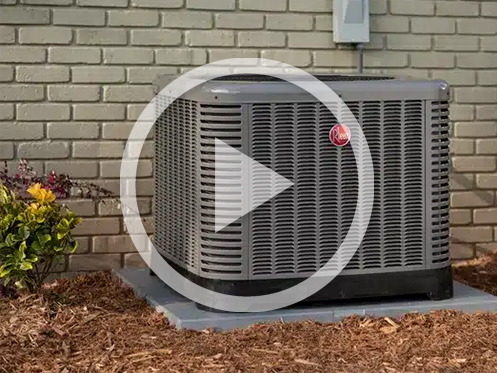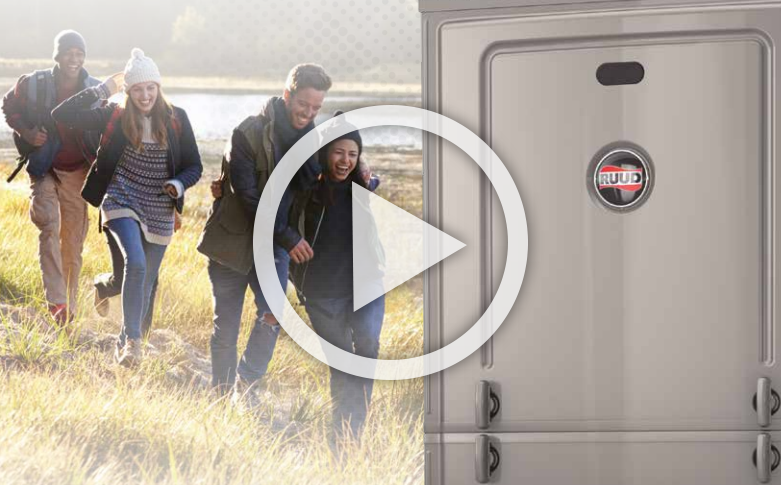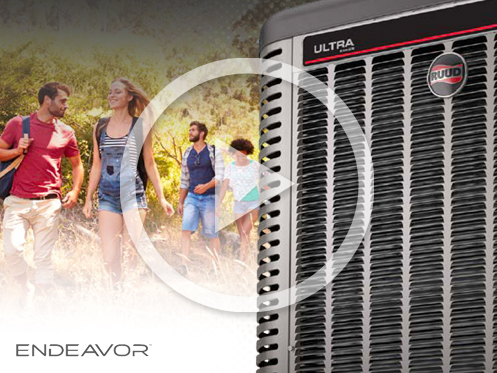unit

Winter brings colder temperatures, which can affect home water heaters. A water heater that isn’t ready for winter may struggle to provide hot water when you need it most. To help homeowners avoid this situation, Golden Rule has put together a few essential steps to ensure your unit performs optimally throughout the colder months.
1. Flush Your Water Heater to Remove Sediment Buildup
Sediment buildup is a common issue in water heaters, especially in areas with hard water. Over time, minerals and other sediments settle at the bottom of the tank, which can reduce the unit’s efficiency and lead to unexpected breakdowns. If your water heater has to work harder to heat through layers of sediment, it will consume more energy and may fail in the middle of winter, leaving you with icy showers.
To flush your unit, follow these simple steps:
- Turn off the power to the heater and let the water cool.
- Connect a garden hose to the drain valve at the bottom of the tank.
- Direct the hose to a floor drain and open the valve to let the water and sediment flow out.
- Close the valve, disconnect the hose, and refill the tank.
Regular flushing, ideally once a year, is a simple task that can prolong the life of your unit and ensure it functions efficiently, saving energy and money in the long run.
2. Lower the Temperature to 120°F
Most water heaters come preset to 140°F, but lowering this to 120°F can be beneficial, especially in winter. Here’s why it’s a good idea:
- Energy Savings: Lowering the temperature can reduce energy consumption by up to 10%. The water heater won’t have to work as hard to maintain a lower temperature, which helps save on energy bills.
- Safety Benefits: For households with children or elderly family members, setting the water heater to 120°F can reduce the risk of scalds and burns. Since colder temperatures can make hot water feel cooler than usual, having a safe preset temperature provides peace of mind.
Lowering the temperature setting is usually straightforward. Most water heaters have a thermostat dial that you can turn to adjust the temperature. A quick adjustment can yield cost savings and safety benefits that last all winter.
3. Insulate Your Water Heater with a Blanket
If your water heater is located in a cold area, such as an unheated basement or garage, insulating it with a water heater blanket can help retain heat and improve efficiency. Water heater blankets are affordable, easy to install, and can prevent heat loss, which keeps the water in the tank warmer for longer periods.
To insulate your water heater, follow these steps:
- Purchase a water heater blanket that fits your model.
- Turn off the power to the unit.
- Wrap the blanket around the tank, making sure to cut around controls and vents for safe operation.
- Secure the blanket with tape or straps as directed by the manufacturer.
This extra layer of insulation reduces the effort needed to maintain water temperature, leading to lower energy consumption and a longer-lasting appliance.
Final Thoughts: A Little Maintenance Goes a Long Way
Taking time to flush your unit, lower the temperature, and add insulation can make a big difference in its performance during winter. Simple steps like these can save homeowners from costly repairs, extend the life of the heater, and help maintain comfortable hot water temperatures even on the coldest days.
Golden Rule’s expert tips help homeowners stay warm, save money, and avoid hassle with minimal effort. With a bit of preparation now, you’ll be ready to face winter without the worry of unexpected cold showers.




